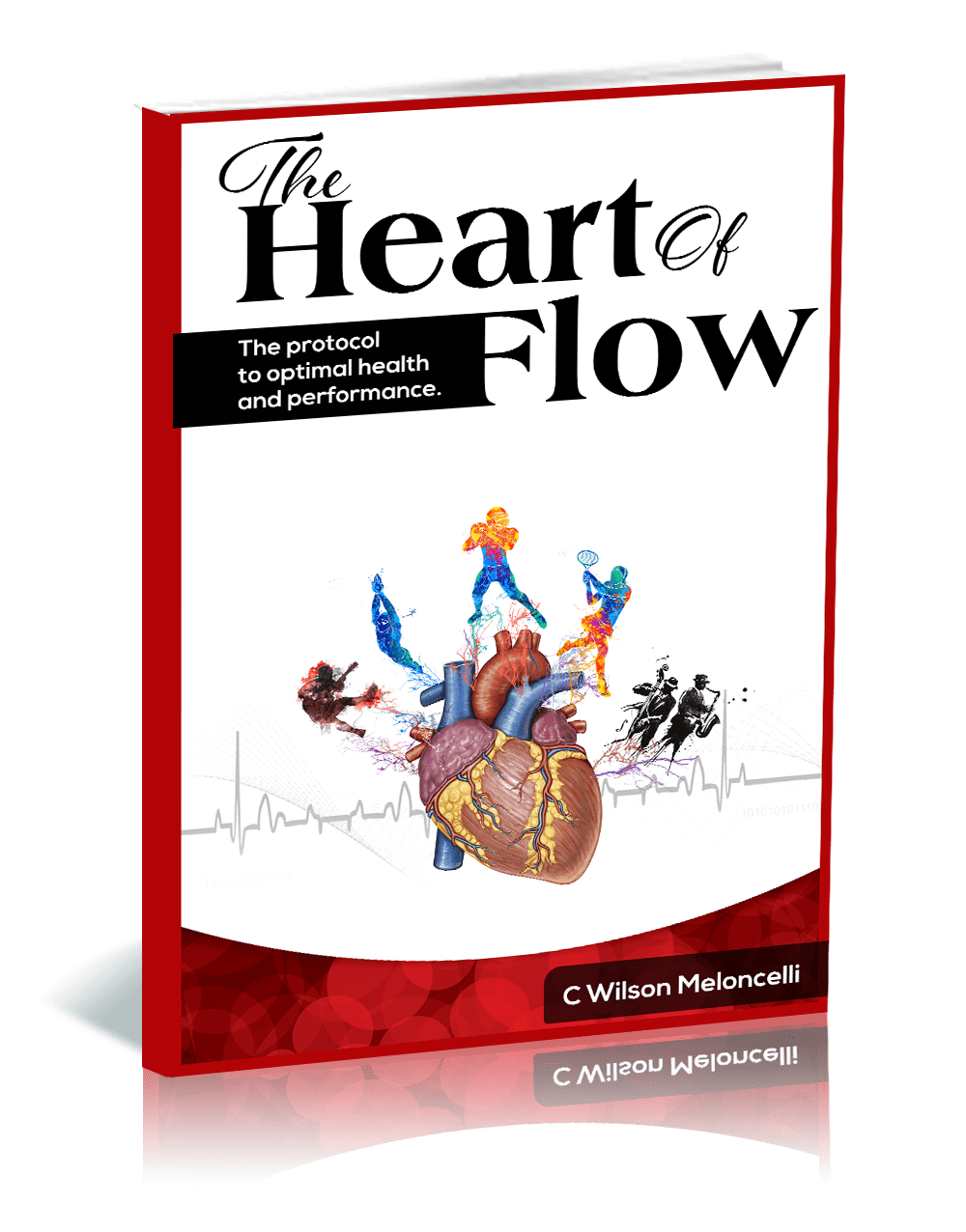The Outdated Time Models Most Businesses Follow
Many companies continue to rely on antiquated productivity assumptions:
- The idea that output is constant
- The 9-to-5 workday as a one-size-fits-all
- The belief that being physically present equals productivity
But the human experience doesn’t follow a linear pattern.
Instead, we work in cycles.
When businesses overlook this reality, they experience:
- Employee burnout
- Diminished performance during meetings
- Declining results from extended work hours
True productivity arises from aligning with natural rhythms—not rigid schedules.
It’s about harmonizing with the body’s energy instead of forcing work.
Understanding Ultradian Rhythms: The Human Performance Cycle
Beyond the more well-known circadian rhythms, there's a hidden cycle that affects how we work: the ultradian rhythm.
This cycle happens every 90–120 minutes, influencing energy levels, focus, and creativity.
Each cycle involves:
- Mental sharpness
- Emotional balance
- Physical readiness
Pushing through a low-energy phase leads to reduced efficiency, but working with these natural dips unleashes the full potential of your team.
Scientific Backing:
- Research by Anders Ericsson suggests top performers practice in 90-minute intervals, followed by recovery time.
- Studies using EEG scans confirm the human brain peaks and dips in 90-minute cycles throughout the day.
- According to Harvard Business Review, acknowledging these rhythms can reduce fatigue and help teams perform at their best.
Rhythm-Based Scheduling: A Modern Approach to High-Performance Teams
So, how can businesses make this work for them?
The secret lies in scheduling around these natural performance windows.
Here’s how rhythm-based scheduling looks:
- 90-minute focus windows—where employees are free from distractions and meetings
- Short recovery blocks—to allow for mental and physical restoration after deep work
- Team collaboration and meetings during lower-energy windows to preserve focus
This model isn’t just about fewer hours worked—it’s about working smarter and with more energy.
Team Synchronization: Power in Harmony
The magic doesn’t just happen for individuals—it comes when the whole team is working in sync.
When everyone’s rhythm aligns, your team benefits from:
- Shortened communication times
- Accelerated decision-making
- A reduction in mistakes
- More effective collaboration
It’s similar to how a jazz band syncs its timing—team coherence brings better results with fewer resources. It becomes effortless.
Can Ultradian Rhythm Alignment Really Increase Productivity by 500%?
Yes—and this isn't just a hypothetical.
A McKinsey & Company study revealed that executives who enter flow states are up to 500% more productive.
In other words, one day in flow is the equivalent of five ordinary days of work.
What does this mean for a team?
Aligning multiple people to their flow states means exponentially higher collective output.
When your team aligns with ultradian rhythms:
- Mental clarity soars
- Fewer errors occur
- Faster project timelines
- Less redundant work
We’ve observed entire teams complete tasks in 90 minutes that would normally take a week. Strategy meetings that last for just two hours outperform full-day sessions because everyone is mentally primed for high-level work.
Flow maximizes leverage. Rhythm maximizes sustainability.
Getting Started with Rhythm-Based Work Scheduling
You don’t need to overhaul your entire business structure tomorrow.
Instead, begin by implementing small, manageable shifts that honor your team’s natural rhythms.
Actionable Steps:
- Start with One Natural Rhythm Block
Designate one 90-minute deep work block where distractions are eliminated.
This becomes your team’s core productivity anchor.
(Tip: This should ideally align with each person’s first peak in the ultradian cycle—usually 90–120 minutes after waking. And how do you wake up? That’s influenced by when you go to bed, making quality sleep the starting point for success. Want more customized advice on how this works? Let's chat.)
- Integrate Active Recovery Time
Allow for short recovery periods after each work block:
- Short walks
- Light stretching or deep breathing
- Stillness or quiet time
This isn’t wasted time—it’s key to recharging and staying productive.
- Educate Your Team on the Science Behind It
Help your team understand the power of rhythm—when they realize energy cycles aren’t about pushing harder, they’ll take ownership of their flow.
Knowledge empowers them to work smarter, not harder.
- Track & Reflect on Energy Cycles
Encourage your team to reflect on their natural rhythms:
“When do I feel most focused?”
“When do I need a break?”
Awareness is the first step toward rhythm mastery.
- Expand from Your Core Block
Once you’ve established one rhythm block, start expanding:
- Creative work during peaks
- Meetings and collaborative time during recovery
- Team-wide recovery rituals
You’ll see your team move from a forced 9-to-5 mentality to a natural, flowing rhythm ecosystem.

Rhythm Over Force
In the old model, work is about pushing and grinding.
In the new model, it’s about flowing with energy—not against it.
When you respect and align with ultradian rhythms, you stop fighting time and start mastering it.
You’ll find clarity.
You’ll act from alignment.
You’ll unlock your team’s true potential.
And it all begins with a simple, natural shift.
Want to Align Your Team for Peak Performance?
I work with companies and leadership teams to install rhythm-based performance systems that unlock deep focus, team coherence, and exponential output—without stress or burnout.
If you're ready to build a team that works with biology, not against it—
start here:
👉 Explore Mavericks Team Training
Let’s turn natural rhythm into your company’s greatest asset.
Cheers,
Wilson










